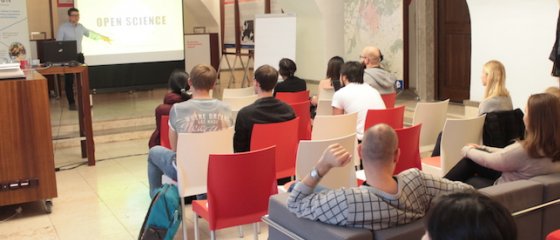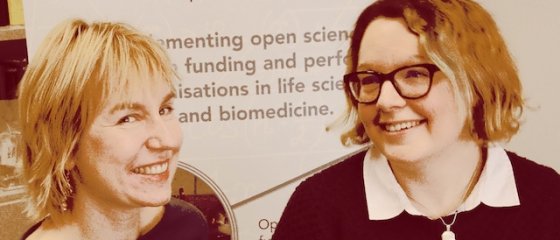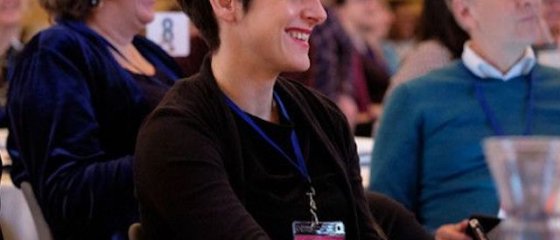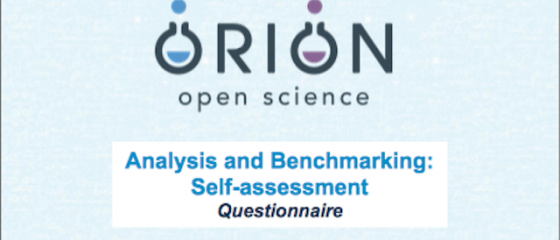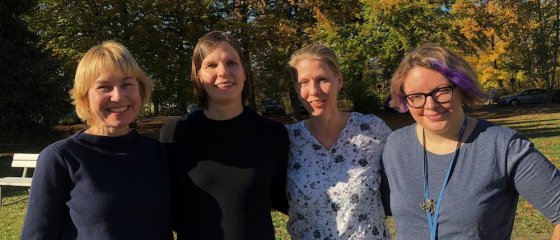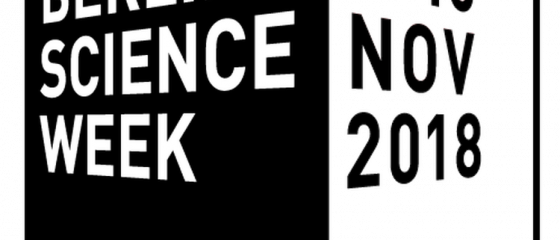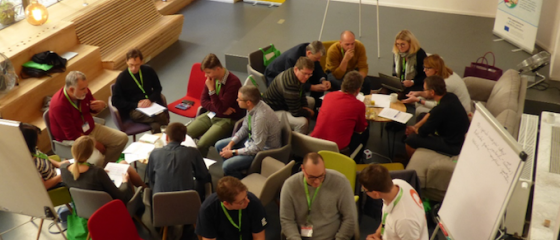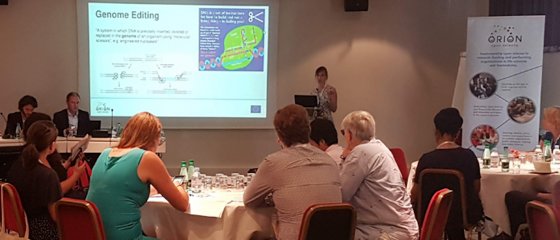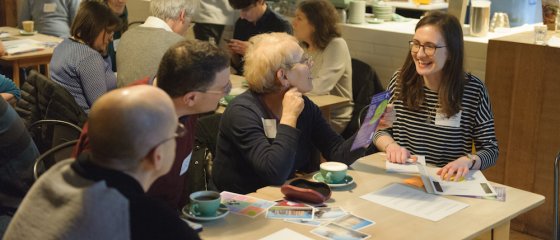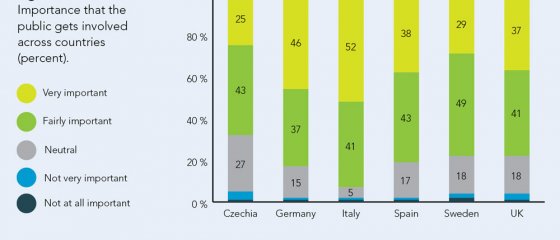Regional Open Science projects – Public Peer review is now open
The ORION partner South Moravian Centre for International Mobility JCMM in Czechia, has received 45 project proposals in their regional call for open science projectson local societal challenges. The call was open for masters and doctoral students from local universities in Brno. The project proposals are now open for public peer review on the Authorea platform. Ten of the received proposals will receive grants of €5000.
